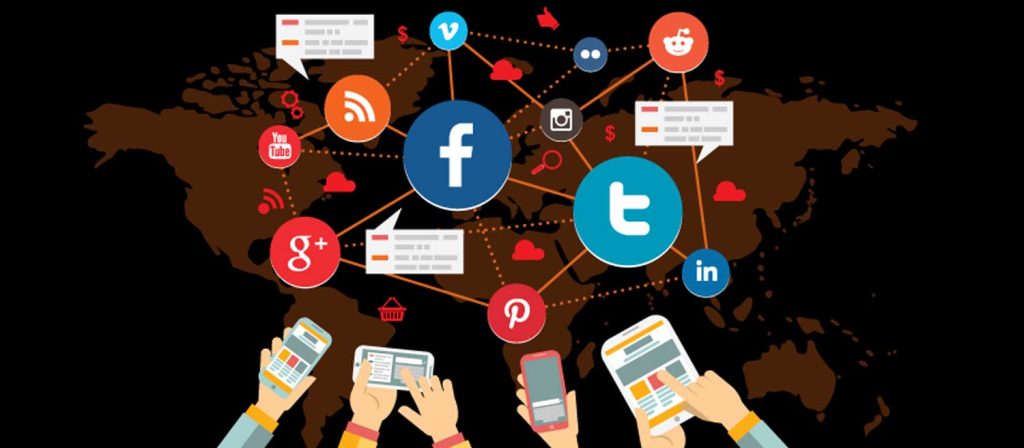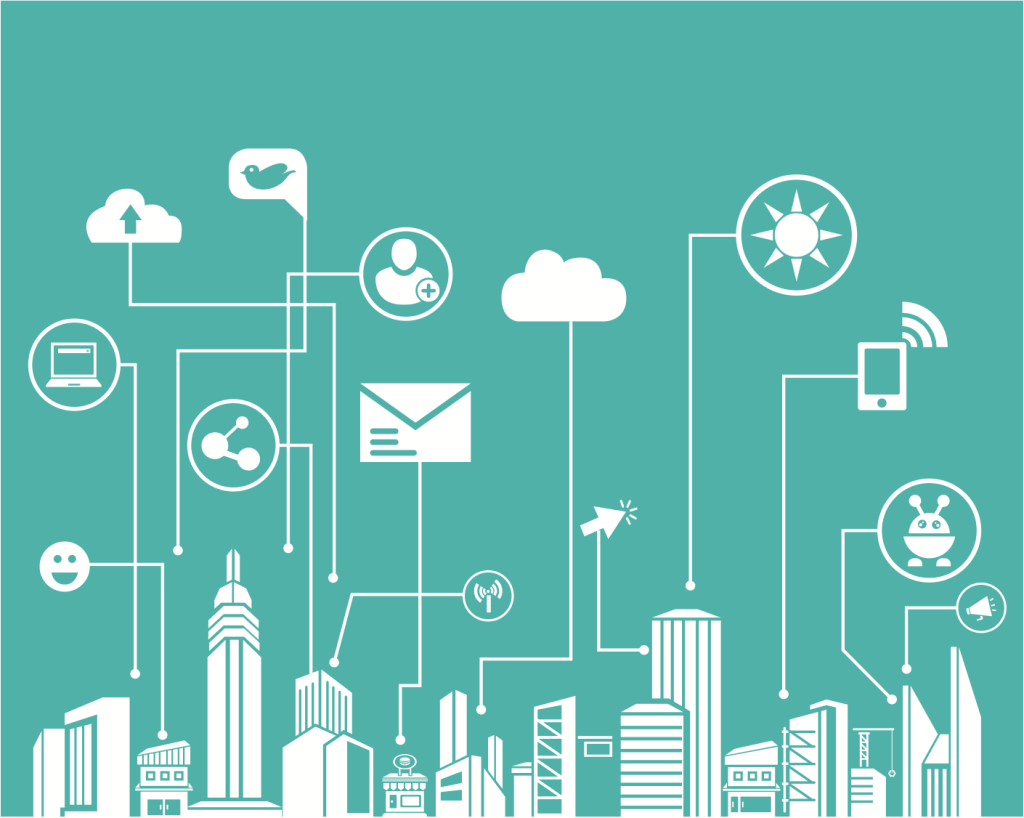The world of technology is ever-evolving, with new innovations and breakthroughs happening every day. 2023 is set to be a transformative year for technology. AI, quantum computing, blockchain, IoT, 5G, AR, VR, robotics, edge computing, and biotechnology are all expected to gain traction and transform the way we live and work. These technologies offer new opportunities for businesses, entrepreneurs, and individuals to innovate and create new products and services. As with any new technology, there are also challenges and risks that need to be addressed. However, the potential benefits of these technologies are significant, and they are likely to shape the future of our world. In 2023, there are a number of technologies that are expected to gain traction and revolutionise the way we live and work. Here are the top ten trending technologies for 2023:
- Artificial Intelligence (AI)
AI has been a hot topic for several years now, but it is expected to become even more mainstream in 2023. This technology has the potential to transform numerous industries, including healthcare, finance, and manufacturing. AI algorithms are used to analyze large amounts of data and make predictions, leading to better decision-making and increased efficiency.
- Quantum Computing
Quantum computing is a new technology that has the potential to revolutionize computing as we know it. Quantum computers use quantum bits (qubits) instead of the traditional bits used in classical computers, allowing them to perform calculations much faster. This technology has the potential to solve complex problems that are currently impossible to solve with traditional computers.
- Blockchain
Blockchain is the technology that underpins cryptocurrencies like Bitcoin, but it has applications beyond digital currencies. This technology is a distributed ledger that records transactions in a secure and transparent manner. This has the potential to transform numerous industries, including finance, supply chain management, and voting systems.
- Internet of Things (IoT)
The Internet of Things is a network of physical devices, vehicles, home appliances, and other items embedded with electronics, software, sensors, and connectivity. This network enables the collection and exchange of data, leading to increased efficiency and improved decision-making.
- 5G
5G is the fifth generation of wireless technology, offering faster speeds and lower latency than 4G. This technology has the potential to transform numerous industries, including healthcare, manufacturing, and entertainment.
- Augmented Reality (AR)
AR is a technology that superimposes a computer-generated image onto the real world. This technology has the potential to transform numerous industries, including healthcare, education, and gaming.
- Virtual Reality (VR)
VR is a technology that allows users to experience a simulated environment. This technology has the potential to transform numerous industries, including entertainment, education, and healthcare.
- Robotics
Robotics is the use of robots to perform tasks that are typically done by humans. This technology has the potential to transform numerous industries, including manufacturing, healthcare, and logistics.
- Edge Computing
Edge computing is a technology that brings computation and data storage closer to the devices that use them. This reduces the latency and bandwidth requirements of cloud computing, leading to faster and more efficient processing.
- Biotechnology
Biotechnology is the use of living organisms to develop new products and processes. This technology has the potential to transform numerous industries, including healthcare, agriculture, and energy.
From Our Editorial Team
Our Editorial team comprises of over 15 highly motivated bunch of individuals, who work tirelessly to get the most sought after curated content for our subscribers.




